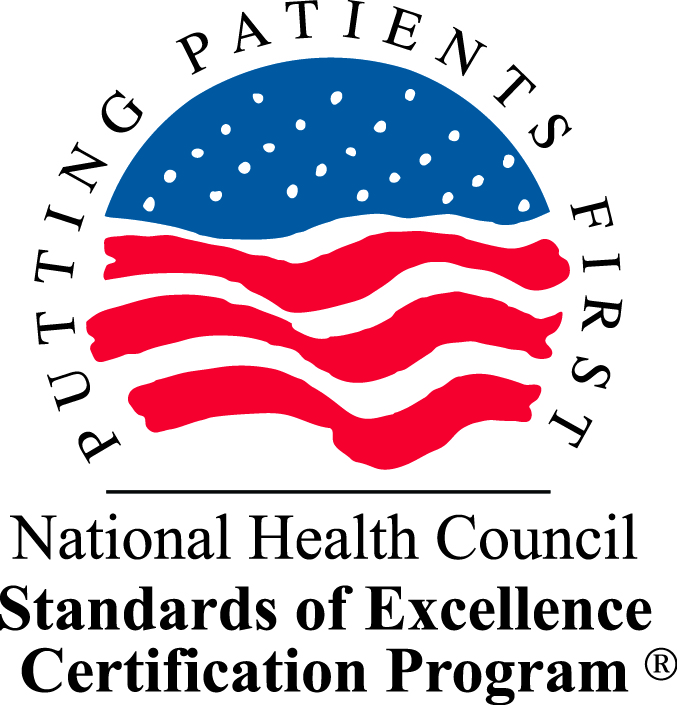
For parents of a child with a connective tissue condition like VEDS, worrying is a daily habit. The beginning of a new school year is especially stressful. Not only do you and your family have to get back into the routine, but you and your child also have to “break in” a new teacher and sometimes a new school and a new school nurse. You want to ensure that your child will be safe at school and empowered to achieve academically – and that the school can handle any potential emergency medical situation.
As scary as it may be, there are simple ways to ease this stress and make everyone more comfortable. School nurses are there with the purpose of caring for all children and protecting their physical and mental health. If you can approach the school nurse with a collaborative spirit, he or she will be open to being educated about your special situation. You will find them to be very helpful and supportive of your child’s individual needs.
What are the best ways to work with your school nurse?
Know who you are working with
All school nurses are different and it is crucial that you understand how often your nurse is in school, how many other schools they cover, how quickly they can be reached in an emergency, who covers for them when they are not there, and if she has any prior understanding of the condition.
Do not be afraid to speak up – you know your child the best!
Every child is different and every child has their own individualized needs; it is important to make these needs very clear and re-iterate them often. Make sure that the nurse is not only educated about your child’s needs, but also on general information regarding the syndrome.
Do not assume that if you told the doctor, teacher, or anyone else they passed the information on to the nurse; explain and clarify information as much as you can.
Schedule a meeting
Make sure you schedule a meeting before the school year starts and bring:
- Information about your child’s diagnosis
- How your child is affected by the condition
- Doctors’ orders, including physical activity guidelines
- Medication list
It is imperative for the nurse to be aware of student limitations, restrictions, permissions, things the student would like to do or wish they could do, and emergency signs to be aware of.
Be aware of special situations
Every child is different so be sure you make the nurse aware of any special conditions that require different care whether they are skeletal, visual, or allergies of any type.
Make sure you have an IEP and 504 plan
The school nurse needs to be present for these meetings. It is very important that your child has these plans in order to assure they have the same opportunities to achieve academic success as his/her peers. Marfan and related conditions do not impact intelligence! Advocate for your child! You know them the best.
The VEDS Movement offers several resources to support you in your efforts with your child’s school in our Parent Toolkit. You can also learn more about dealing with your school nurse by watching the recording of The Marfan Foundation webinar, How to Work with Your School Nurse.





